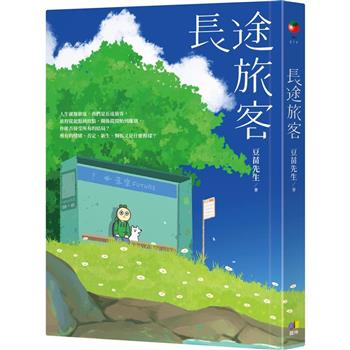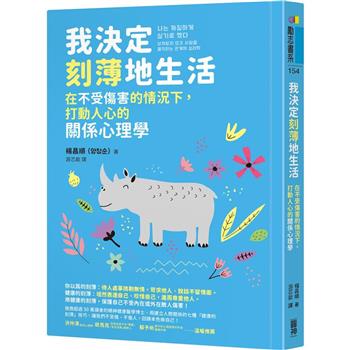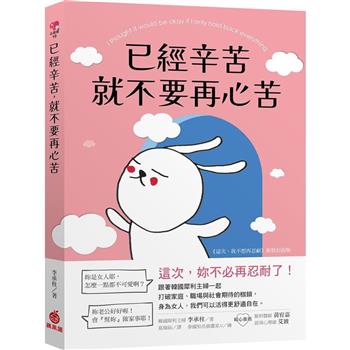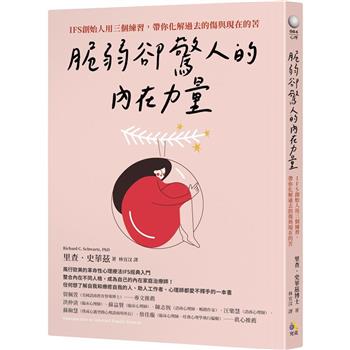Offering a provocative new perspective, Healing Like Our Ancestors examines sixteenth- and seventeenth-century Nahua healers in central Mexico and how their practices have been misconstrued and misunderstood in colonial records.
Early colonial Spanish settlers defined, assessed, and admonished Nahua titiçih (healing specialists) and tiçiyotl (healing knowledge) in the process of building a society in Mexico that mirrored Iberia. Nevertheless, Nahua survivance (intergenerational knowledge transfer) has allowed communities to heal like their ancestors through changes and adaptations. Edward Anthony Polanco draws from diverse colonial primary sources, largely in Spanish and Nahuatl (the Nahua ancestral language), to explore how Spanish settlers framed titiçih, their knowledge, and their practices within a Western complex. Polanco argues for the usage of Indigenous terms when discussing Indigenous concepts and arms the reader with the Nahuatl words to discuss central Mexican Nahua healing. In particular, this book emphasizes the importance of women as titiçih and highlights their work as creators and keepers of knowledge. These vital Nahua perspectives of healing--and how they differed from the settler narrative--will guide community members as well as scholars and students of the history of science, Latin America, and Indigenous studies.| FindBook |
有 1 項符合
Healing Like Our Ancestors: The Nahua Tiçitl, Gender, and Settler Colonialism in Central Mexico, 1535-1660的圖書 |
 |
Healing Like Our Ancestors: The Nahua Tiçitl, Gender, and Settler Colonialism in Central Mexico, 1535-1660 作者:Polanco 出版社:University of Arizona Press 出版日期:2024-08-27 語言:英文 規格:平裝 / 312頁 / 普通級/ 初版 |
| 圖書館借閱 |
| 國家圖書館 | 全國圖書書目資訊網 | 國立公共資訊圖書館 | 電子書服務平台 | MetaCat 跨館整合查詢 |
| 臺北市立圖書館 | 新北市立圖書館 | 基隆市公共圖書館 | 桃園市立圖書館 | 新竹縣公共圖書館 |
| 苗栗縣立圖書館 | 臺中市立圖書館 | 彰化縣公共圖書館 | 南投縣文化局 | 雲林縣公共圖書館 |
| 嘉義縣圖書館 | 臺南市立圖書館 | 高雄市立圖書館 | 屏東縣公共圖書館 | 宜蘭縣公共圖書館 |
| 花蓮縣文化局 | 臺東縣文化處 |
|
|
圖書介紹 - 資料來源:博客來 評分:
圖書名稱:Healing Like Our Ancestors: The Nahua Tiçitl, Gender, and Settler Colonialism in Central Mexico, 1535-1660
內容簡介
作者簡介
Edward Anthony Polanco is an assistant professor of history at Virginia Tech. Born in Los Angeles, California, he has ancestral roots in Kuskatan (western and central El Salvador). His research interests include Mesoamerica, Mexico, El Salvador, Indigenous sovereignty, Nahua peoples, and decolonization.
|











